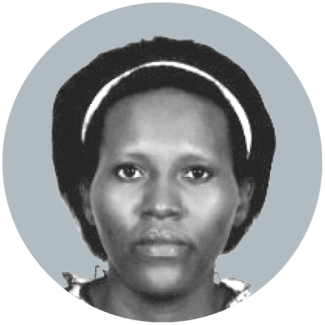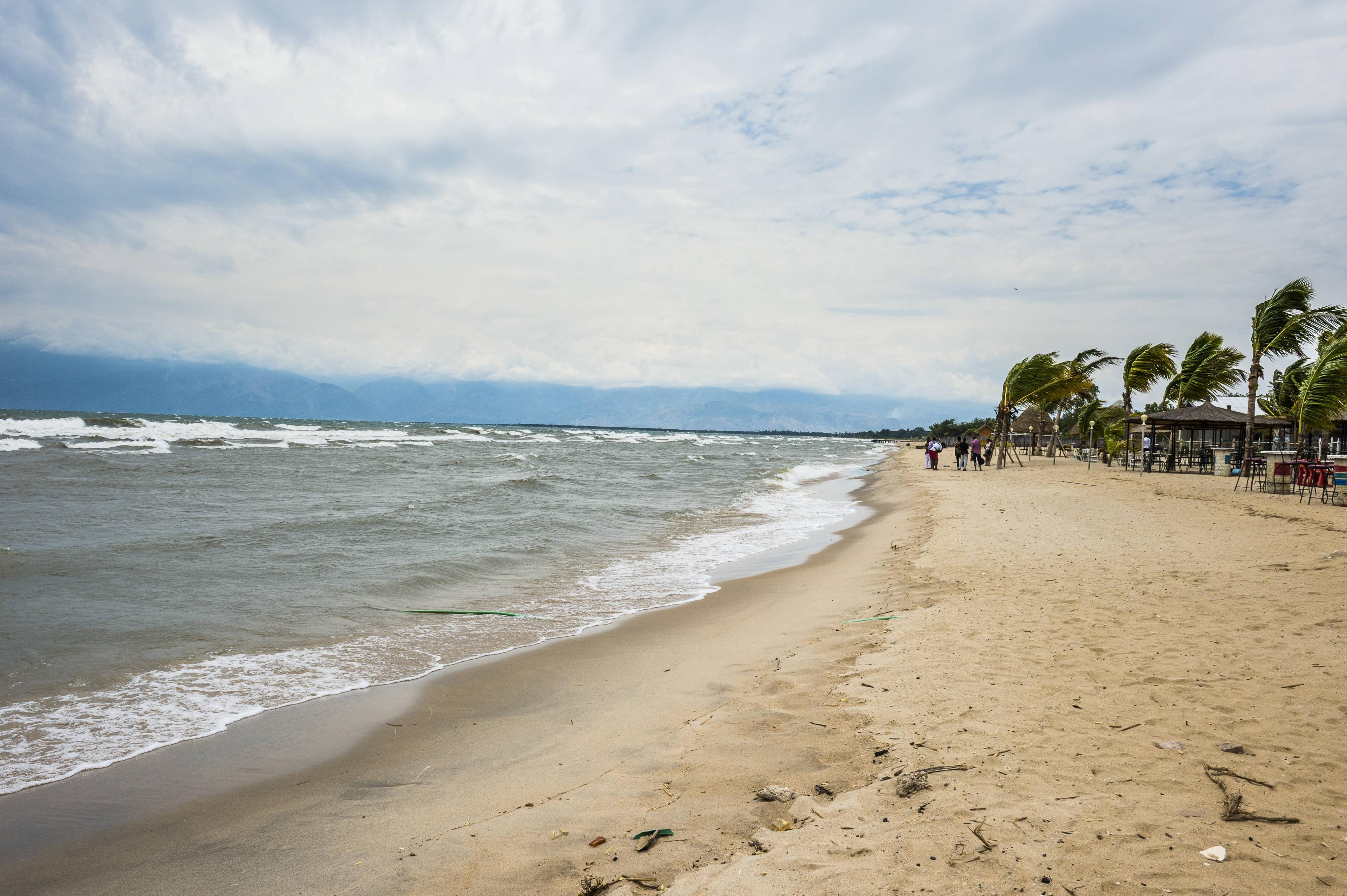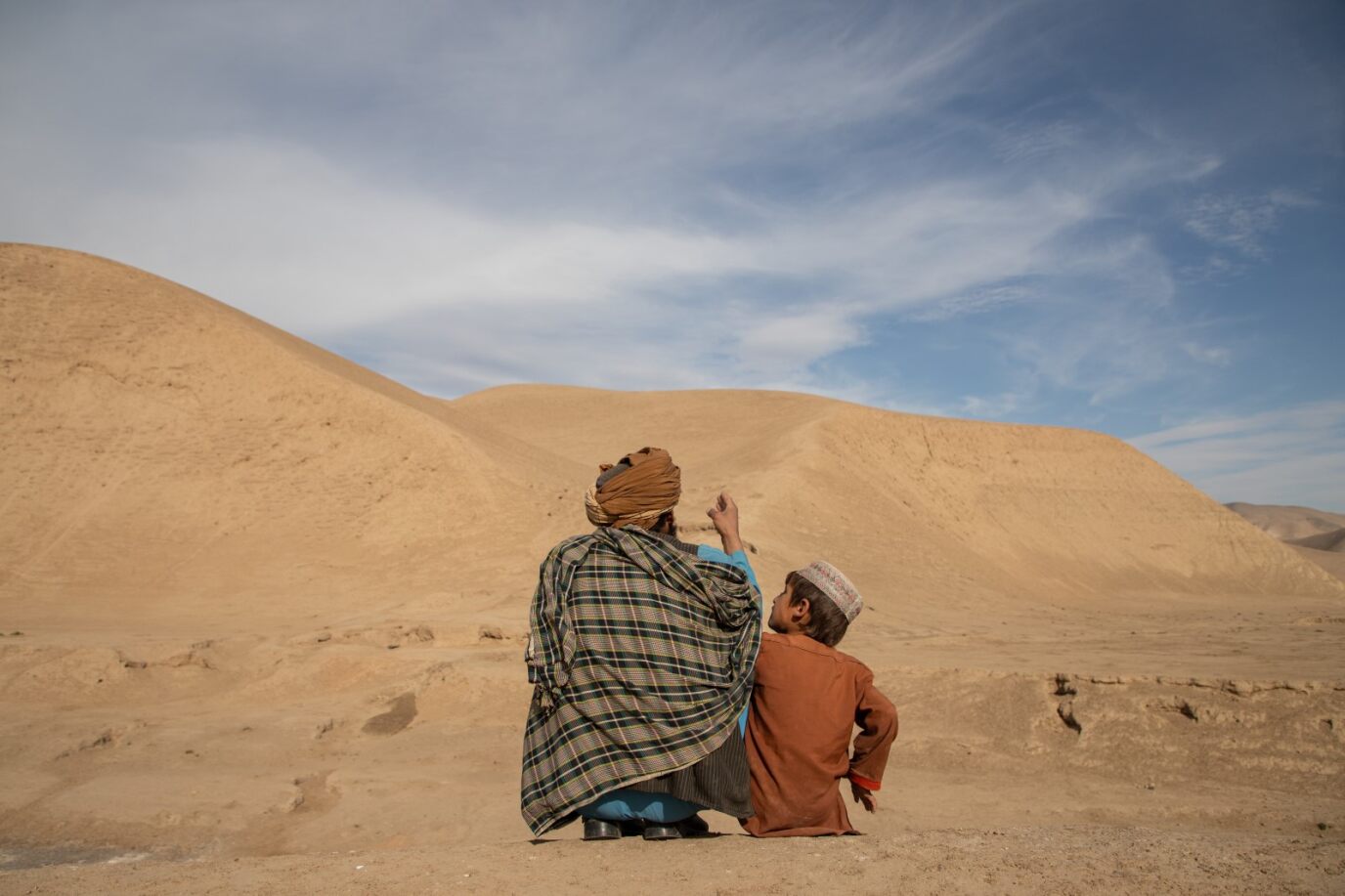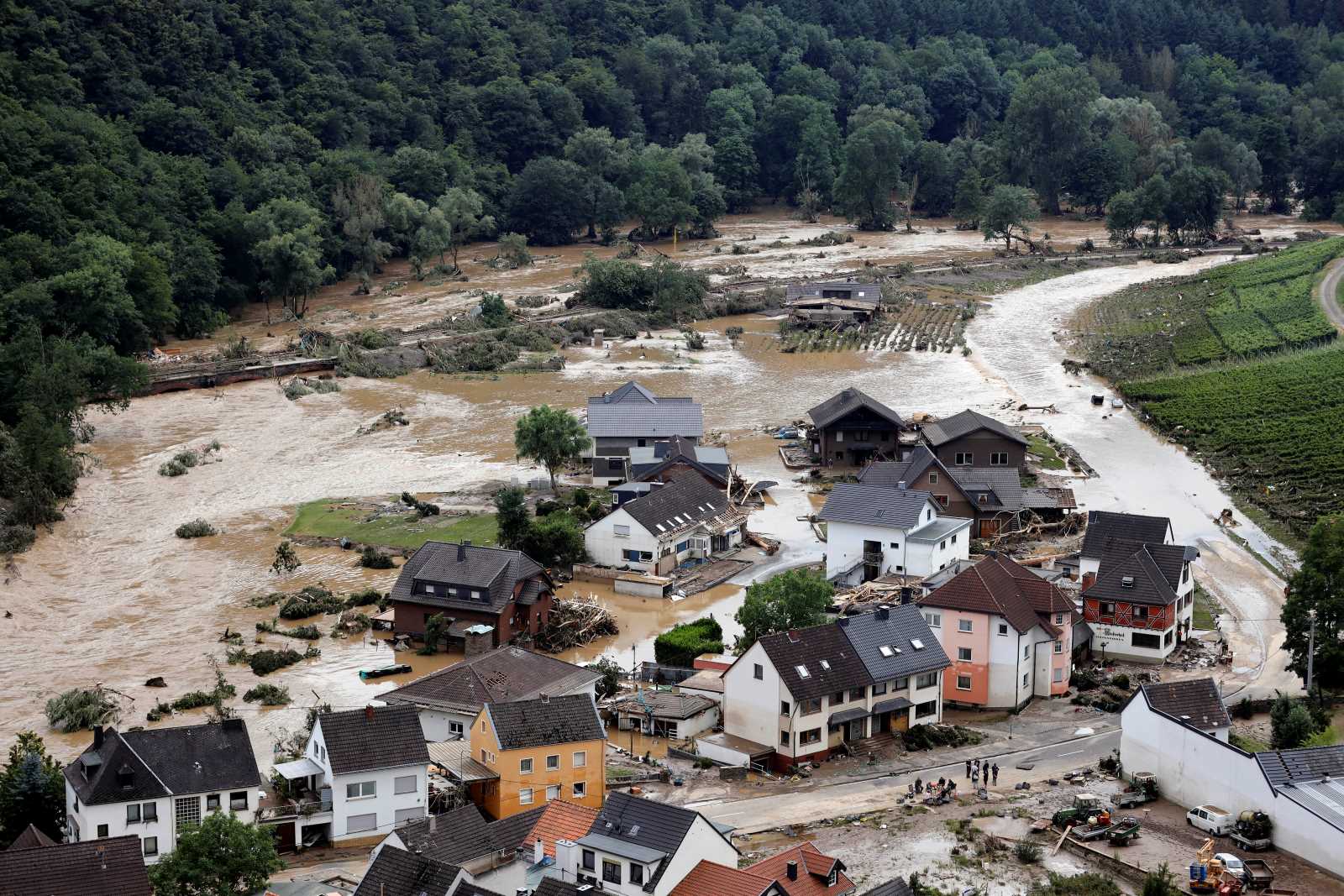Climate resilience
Persistent flooding in Burundi threatens lives and livelihoods
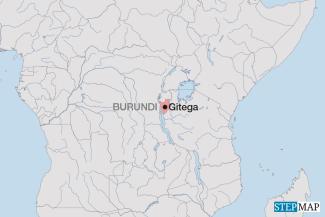
Burundi, like many other countries, has been dealing with extreme weather conditions. The East African country is home to several water bodies and natural parks, which boost tourism. Persistent flooding now poses threats not only to tourism but to the livelihood of people.
The Gatumba area, for example, is one of the most affected places. Home to both the river Rusizi and the Lake Tanganyika, the area has suffered repeated flooding since 2020. Floods have also been observed in the Kinindo zone and in Rumonge Province. Added to this are landslides, particularly in Cibitoke Province.
Hundreds of people have been displaced. Residents have suggested that perhaps the Burundian government should build a dam to contain the flooding. But there is no indication from the government that this will be done.
With the support of local and international organisations, the government has relocated the displaced population to other areas. However, displaced families have decried the conditions in these temporary shelters.
Françoise, a mother of three children from Gatumba, says the waters of the Rusizi River surprised them. “The flooding occurred at night. Therefore, we agreed to be relocated to the temporary shelter.”
“During the first few days here, we were given food, clothes and tents. But it was cold, the tents were torn, and I was afraid that my children would catch pneumonia,” Françoise adds.
Community-driven initiatives amid government delays
In the long run, the government and international relief bodies offered further support to the displaced communities. Françoise, however, admits that she cannot shake off the worry of losing her home. “I decided to return to Gatumba so that my house would not collapse. When I returned here, I found that some of the doors of my house had been stolen,” she says.
The Burundian government had plans to construct a dike on the river Rusizi which have not been implemented. The United Nations Development Programme (UNDP) had indicated that it would support this programme, but no progress has been made.
In the face of state neglect, affected communities in the Rusizi and Tanganyika water-body areas decided to act. However, they needed to get government approval first. A group of natives of the area working in the diaspora spearheaded the campaign. They contacted the ministry of environment to request authorisation to implement measures to protect the area from flooding. After waiting for over a month with no response, they proceeded with their plans.
Around 2 million Burundian Francs (about $ 675) were raised, and work began. In mid-September 2024, the Burundian Ministry of Interior suspended the works. By then, about two kilometres of flood-protection works had been done. Surprisingly, the same government department has not suspended similar works by another group along the Rusizi River.
The national platform for risk prevention and natural disaster management says it is working to address flooding despite the insufficiency of financial resources.
The Burundian government and international relief agencies have a long way to go to support sustainable solutions to the effects of extreme weather conditions. Moreover, people must realise that climate change is real and do what it takes to protect the environment.
Mireille Kanyange is a journalist for Radio Isanganiro in Burundi.
mika.kanyange@gmail.com
